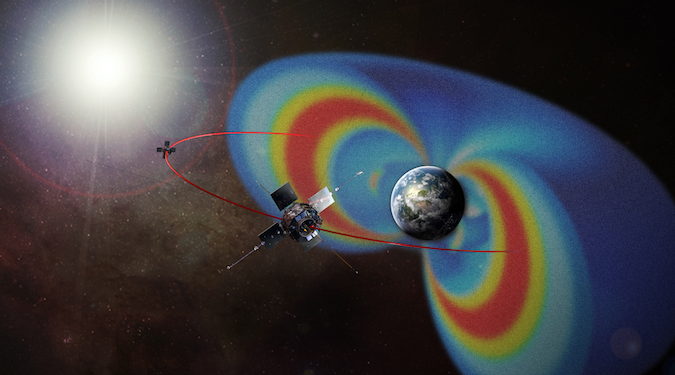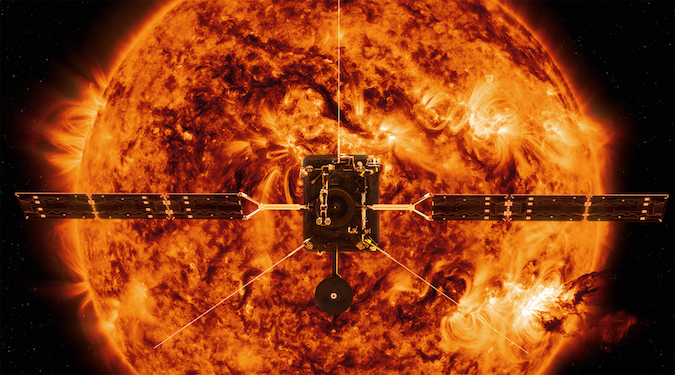Space Plasma Physics
The Space Plasma Physics group at MSSL is a leading, internationally recognised research group studying the physical interaction between the Earth and the Sun and the fundamental physics of space plasmas. The group has a history of producing instrumentation for, and analysing data from, international space exploration missions in collaboration with scientists around the world.
The group is heavily involved in the current Cluster mission and the proposed Solar Orbiter mission. Much of our research involves exploiting data from the Cluster mission, in conjunction with other missions and facilities. We also provide operational support and data processing for the Cluster and Double Star missions and the Cluster Active Archive. We have a number of PhD opportunities for students to study some of the many aspects of space plasmas.
Resources:
Space Plasma Outreach:
Beginners guide to space plasma physics
Public Engagement
Space Plasma Meetings:
All Meetings
Seminar Series
Head of Space Plasma Physics
Dr. Jonathan Rae
+44 1483 204 186
jonathan.rae@ucl.ac.uk
 Close
Close




